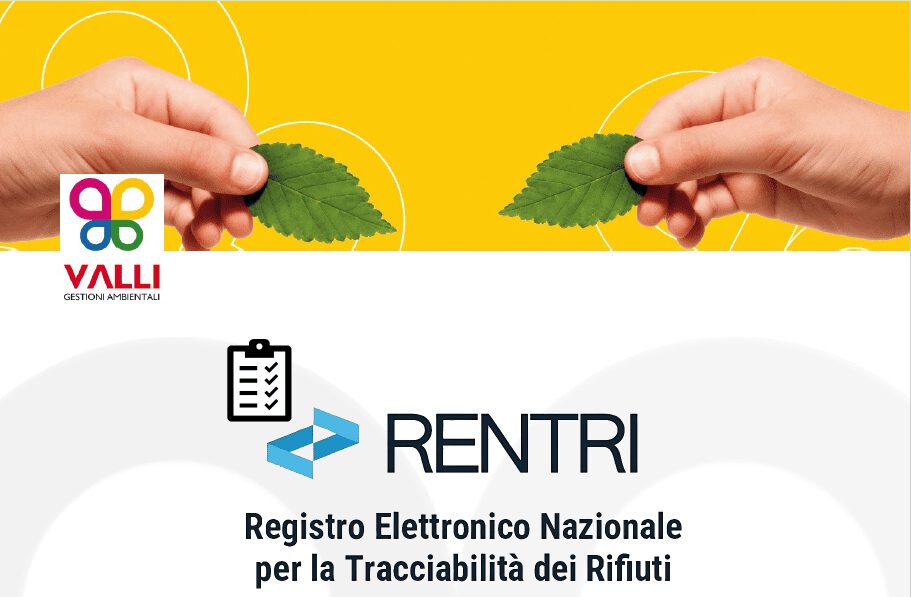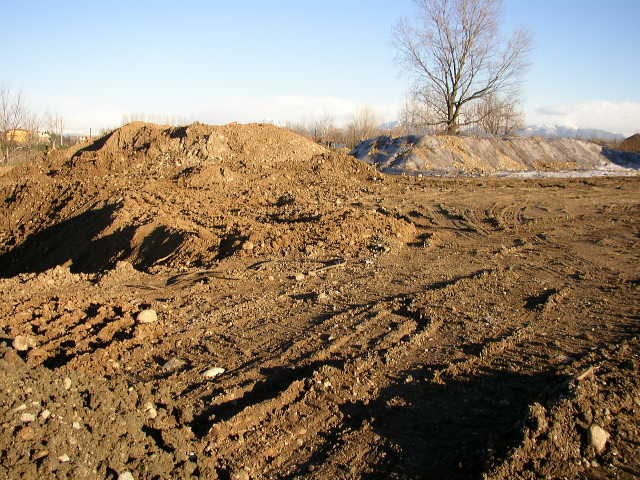It was published in the Official Gazette General Series no. 183 of 8 August 2025, and entered into force the following day, the Decree-Law no. 116 of 8 August 2025, “Urgent provisions for the fight against illegal activities in the field of waste, for the reclamation of the area called Terra dei Fuochi, as well as on assistance to the population affected by calamitous events”, whose conversion into law is expected by 7 October 2025.
Legal context
The regulatory intervention is based on the need to implement the requirements of the Judgment of the European Court of Human Rights (ECHR) of 30 January 2025, and, in particular, by the Council of Europe’s Judgment Enforcement Service (COE), to which Italy is required to submit, by September 2025, an Action Plan, taking into account EU Directive 2024/1203 on the Protection of the Environment through criminal law.
Although the reference to the “Land of Fires” in the title refers to a specific territorial area, the provisions of the decree apply to the entire national territory and will have significant impacts on all companies and entities that produce, manage and/or transport waste.
Main innovations introduced
Decree-Law 116/2025 substantially modifies the regulatory framework on environmental matters by intervening on Legislative Decree 152/2006 as amended (Environmental Code), Royal Decree 1398/1930 as amended (Criminal Code), Legislative Decree 159/2011 as amended (Anti-Mafia Law Code), Legislative Decree 231/2001 as amended (Administrative Liability of Entities and Companies) and Legislative Decree 285/1992 as amended (Highway Code).
The decree further tightens the sanctioning framework for abandonment, unauthorized or non-compliant waste management, illegal combustion and illegal shipment of the same, eliminating many of the offences provided for by Legislative Decree 152/2006 as amended, now transformed into crimes punished with imprisonment. The new provisions also target the obligations regarding the traceability of waste, with increased penalties in the event of omitted or incomplete keeping of the loading and unloading register.
What companies must do
In light of the changes introduced, it becomes even more important to stay up to date on the latest regulatory changes and take all the necessary actions to ensure proper management of the waste transported, received or produced in your plant. For companies, it is essential to rigorously govern the entire waste management process, ensuring, for example:
- correct classification and traceability;
- compliant temporary storage;
- proper labelling and packaging;
- choice of regularly authorized transporters and recovery and/or disposal plants;
- verification of the authorizations of all the parties involved;
- staff training on regulations and procedures;
- control of suppliers and contractors;
- implementation of a Model 231 updated with the new environmental crimes.




